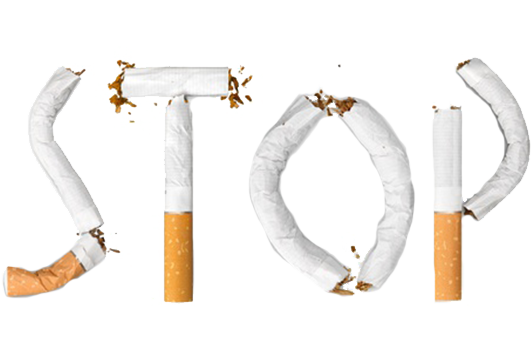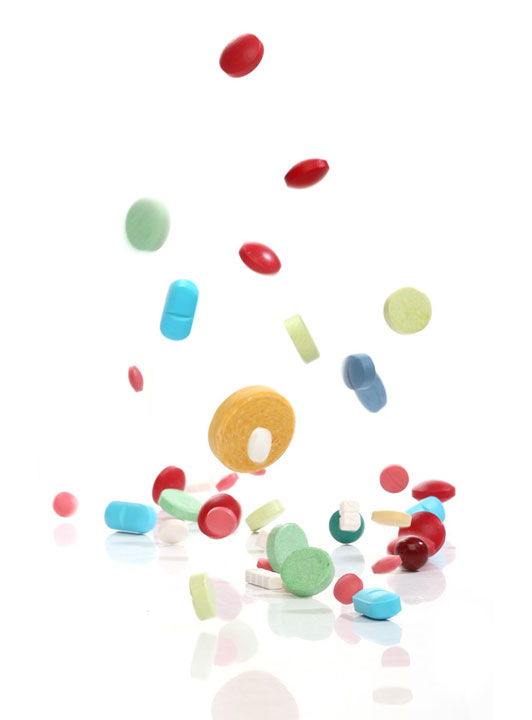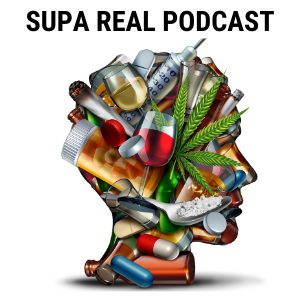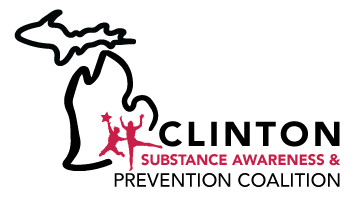Prevention Services
Our goal is to reach youth about the dangers of substance abuse before the drugs do. Youth don’t like to be lectured about what they can or cannot do. Thus, we empower our youth by directing them to have a voice. We provide them with the facts that allow them to make an informed decision on their own to remain drug-free and promote substance free living to others. Our prevention actions include:
• Implementing and Evaluating PAL Training
• Safe Prescription Disposal and Drop-Off Locations
• Project Alert, Student Resiliency-Refusal Skills for ATOD
• TIPS Trainings to Alcohol Vendors
• Compliance Checks for Nicotine Vendors
• Implement Social Norm Campaigns “Most Teens Don’t” & “Above the Influence”

Alcohol Prevention
Underage drinking is a serious public health problem in Michigan and even the entire United States. Alcohol is the most widely used substance among today’s youth and drinking by young people poses enormous health and safety risks. The consequences of underage drinking affects everyone— regardless of age or drinking status.
More than 20% of Clinton county 11th graders and 12% of 9th graders have consumed alcohol in the past 30 days. In addition, more female students than males students reported using alcohol (Clinton County MiPHY Youth Survey). Our Coalition is here to change that statistic for the youth of and around Clinton county. Our goal is to provide our local youth with safe drinking resources and empower parents to have the needed conversations with their children about safe drinking.
Cannabis Prevention
Currently, there is a growing belief by youth that cannabis is a safe drug now that it is legal. Cannabis is still harmful to developing youth. Short-term effects of cannabis include problems with memory and learning, distorted perception (sights, sounds, time, touch), trouble with thinking and problem solving, loss of motor coordination, increased heart rate and anxiety. In addition, cannabis, just like any other drug, can lead to addiction.
While students in Clinton county from 7th to 11th grade showed the perception that cannabis was easily accessible and available, it was positive to see that those same students showed parental disapproval was still very high. (Clinton County MiPHY Youth Survey). The less students perceive that cannabis is easy to get, the better. The more students perceive that use is risky, that it’s wrong, or that their parents disapprove, the better. Our Coalition has learned that even as teens, children care about what parents say. We ask that you to express a no use attitude. Communicate and be open with your teen, guide them on the importance of healthy behaviors and establish clear and specific rules about not using cannabis – remind them cannabis is still illegal in Michigan for those under 21.


Nicotine Prevention
One of the main substances abused by students in Clinton County is tobacco/nicotine. The old landscape of tobacco use is changing. We are under a new nicotine public health crisis in the form of vaping and e-cigarette use – particularly among youth and adolescents. If smoking continues at today's current rates, 5.6 million—or 1 out of every 13—of today’s children will ultimately die prematurely from a smoking-related illness.
Tobacco use by youth and young adults causes both immediate and long-term damage. One of the most serious health effects is nicotine addiction, which prolongs tobacco use and can lead to severe health consequences. The younger youth are when they start using tobacco, the more likely they’ll be addicted. Preventing nicotine use among youth is critical to ending the nicotine epidemic in not only our county, but also the United States.
Opioid/Rx Prevention
Prescription drug abuse happens when someone takes one of their own medications in a way not intended by their doctor or they take a medication that was prescribed for someone else for a different reason—like to get high. Abusing prescribed medication is very dangerous and has become a modern health issue.
Prescription and over-the-counter drugs are the most commonly abused substances by Americans age 14 and older, after cannabis and alcohol. When prescription drugs are abused, they can be addictive and put the person at risk for other harmful health effects, such as overdose (especially when taken along with other drugs or alcohol). And, abusing prescription drugs is illegal—and that includes sharing prescriptions with family members or friends. In Clinton County, our MiPHY survey shows more than 5% of 11th grade students are abusing Ritalin, Adoral, Xanax and almost 5% of 9th grade students are abusing painkillers such as OxyContin.
In our Coalition, we have learned first hand how many youth and teens get their abused prescription drugs from a friend or relative, either for free, by buying them, or taking them without asking. We ask all parents and adults to make sure their prescription medication is locked up and or not in an easily accessible location to those that may abuse it. For those that require a specific medication, we encourage you to speak with your doctor on whether there’s an alternative medication with ingredients that have less potential for addiction. In addition, we have partnered with Capital Counties Commit, a campaign empowering young adults and community members on the negative effects of prescription abuse.


Listen to Our SUPA REAL Podcast
Welcome to SUPA REAL! A Substance Use Prevention and Awareness podcast series supporting Clinton County and our surrounding Mid-Michigan neighbors. We bring to you prevention and wellness information and resources through partner spotlights, youth interviews, upcoming events blasts, calls to action, and general knowledge FAQs to help youth, parents, and community members navigate this thing we call life. Hosted by the Clinton Substance Awareness & Prevention Coalition and sponsored in partnership with Mid-State Health Network, SAMSHA, Mid-Michigan District Health Department, and Eaton RESA.
